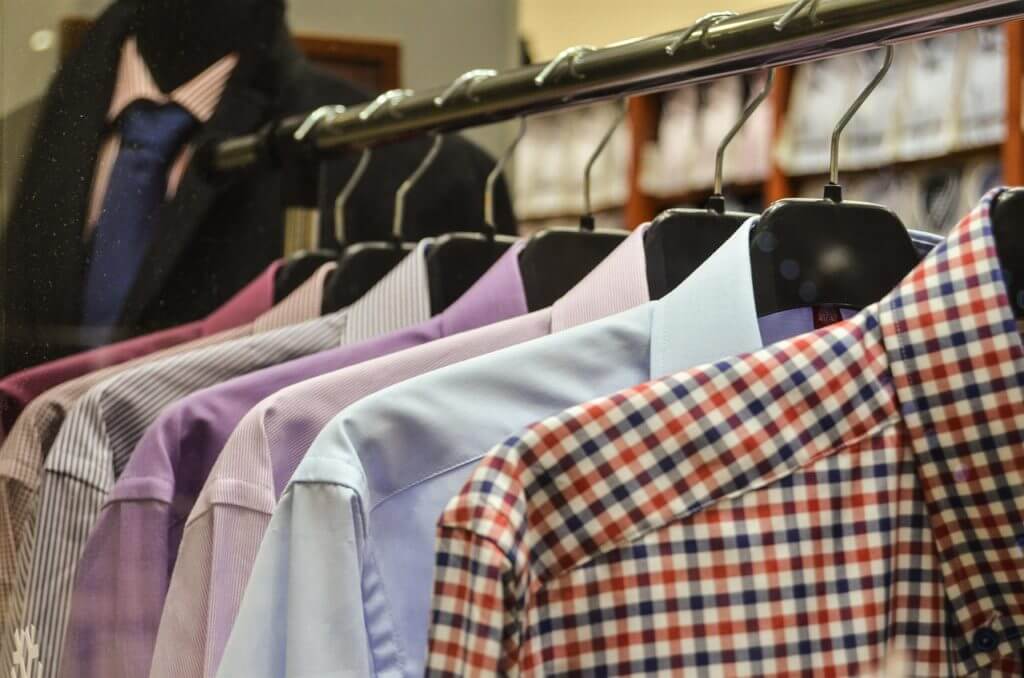As we approach Thanksgiving in the United States, the bustle of life may seem to be slowing. That calm, however, is underscored by the advertising and enticements of retailers hoping to move into the black side of the ledger for the year on the day after the holiday of gratitude. Otherwise known as Black Friday. Indeed so many of us will go shopping on that day that it will almost appear that everyone is doing it. But the data reveals a different reality: not everyone will set an alarm clock to make it first in line at the mall at the end of the holiday week. Our research for The Next Millionaire Next Door confirms what many of us probably suspected about those who are economically successful: most millionaires (77% in fact) haven’t shopped in person in a store on Black Friday in the past five years.
So why do many of us continue to get caught up in the excitement (to some) or chaos (to others) of this retail holy day? What do we know about Black Friday psychology? Here are a few reasons we want to shop in-person on this day, and a few ways to reconsider what you are planning to do on this now-infamous November day:
- We have a desire to be a part of something. The idea of getting up at 4:30 am with a hot cup of coffee and walking around the mall with friends and family is appealing in some ways, almost like everyone decided to meet in the town square to greet each other with warm holiday wishes. It’s a community gathering in a way and can be positive in that respect. The problem with it arises when we couple that community time with consumption behavior that is directly in opposition of our financial goals. If the “community event” is causing us to deplete our savings, spend above our means, and bring more stuff into our lives (and the lives of others) that we don’t need, then on balance maybe you’d be better off at the local park or library.
- We fear missing out on something. FOMO (fear of missing out) is a powerful negative reinforcement. As this piece points out: “We don’t want to be the only one who misses out on the advertised bargains, so FOMO forces us to camp outside the store overnight in the freezing cold.” And apparently we enjoy standing in lines. . . sort of. At least we like to be able to share the stories that come from this painful activity. One author described Black Friday “waiting rooms” this way: “Lines test patience, personal space and principles of fairness and rationality, especially on Black Friday, when the crowds can be overwhelming.” But some researchers suggest there is something positive that comes from it as well, and it is up to us to decide if the trade-off is compelling. The professor interviewed for this New York Times article described our inclination this way: “The lines, he said, are ‘once a year, they’re exhilarating. They’re the kind you might tell your grandchildren about.’” And maybe some of us are afraid if we don’t participate that we won’t have pictures to post on Instagram and Facebook of our shopping conquests? For many of us, yes, the answer is yes.
- We think we’re using our time wisely. But just as nothing is really free when you shop, standing in line waiting for that killer bargain on a plasma TV the size of your wall doesn’t come without a cost: it costs us time, as well as cognitive and emotional energy.
- Doesn’t everyone do this? Social psychology is at play here again through a cognitive bias: we need to feel that we’re doing what others are doing (that’s called “social proof”). Retailers are sending us messages that we often accept–even at times subconsciously. There is a relentless barrage from marketers “…telling us what we should be reading, watching, wearing and thinking. Magazines and newspapers are filled with shoulds and should nots, musts and must nots.“ We know that social indifference–the ability to ignore what others around us are driving, buying, and wearing–is positively related to net worth, and on a day like Black Friday it is particularly evident how a concern for what the Joneses are doing can be financially detrimental.
- We believe we are saving money. This one is the most challenging. There are bargains to be had, and if there is something you already needed, that you’ve been researching it for a while, and you stick to a list and a spending plan, then Black Friday shopping for items that you are going to buy at some point anyway can be beneficial. But beware: the adrenaline-rush created by the event the in-person nature, the lights, sounds, and crowds, can lead us to be distracted from our financial goals and plans. For me, the festive nature of the consumption event causes me to quickly forget what I was originally shopping for as I see the 3 for $10 items at The Body Shop (and that will undoubtedly end up clogging a junk drawer in my bathroom two months hence). But right now, in the moment, with the glittering lights and the ambient holiday music I think “everyone needs cocoa body butter in their stocking…right?”
Each of us has a unique set of characteristics, experiences, and values that will dictate how we’ll approach Black Friday. As this article in Money Magazine pointed out, many of us view Black Friday as “a phenomenon” instead of a bargain hunting day. For those who are already millionaires next door and for those that are on their way, this day will be approached in a way that is disciplined and focused so that long-term financial goals don’t get thrown away like the ads from Thursday’s paper.

